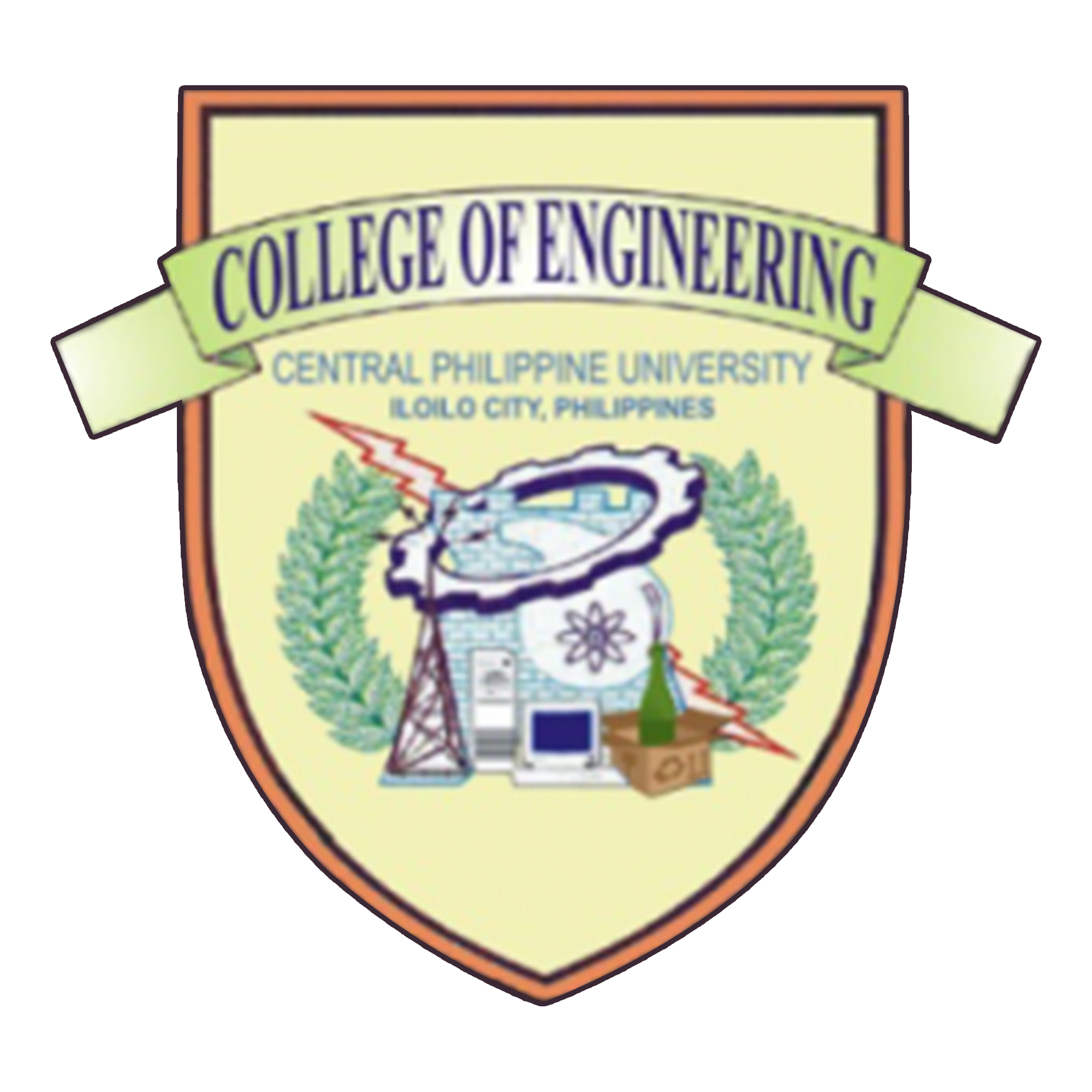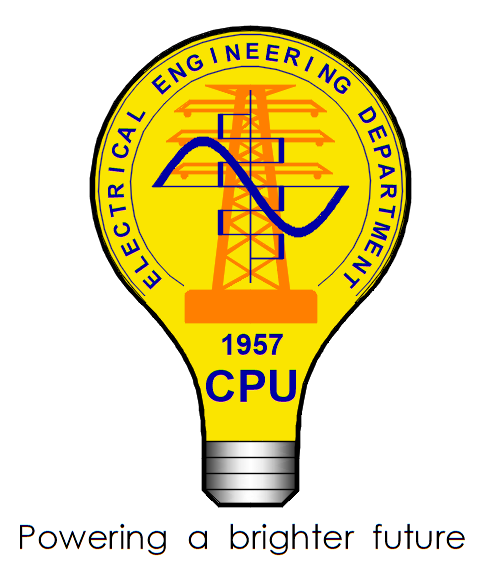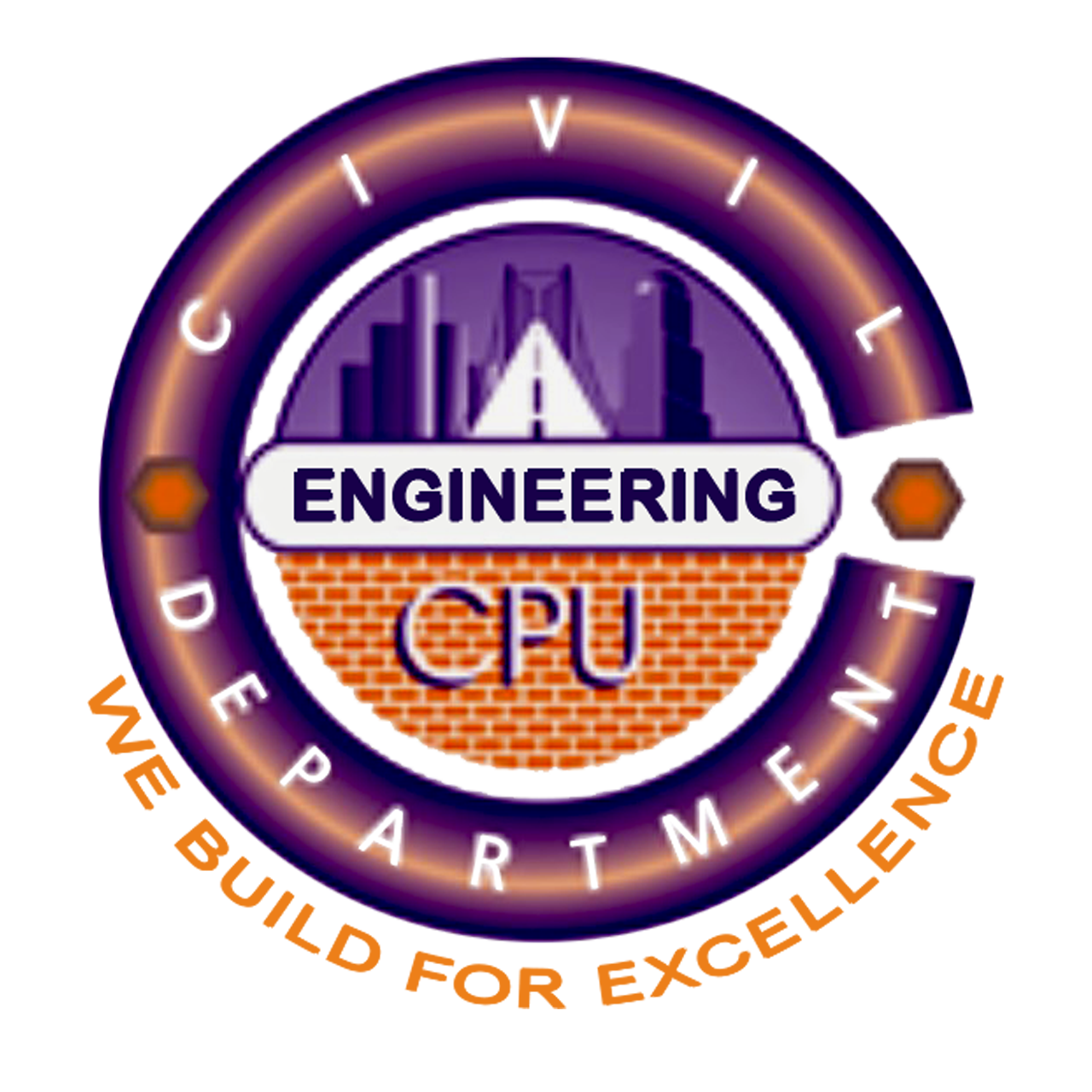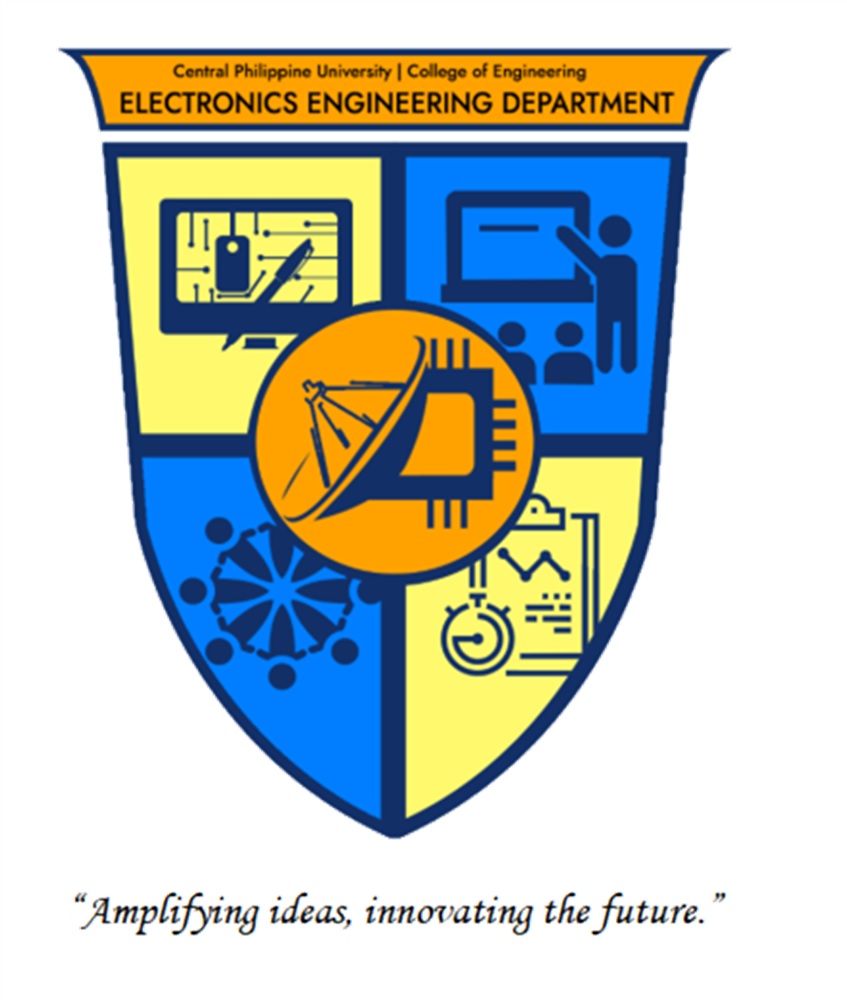Electrical Engineering
Overview
Electrical Engineering is a profession that involves the conceptualization, development, design and application of safe, healthy, ethical, economical and sustainable generation, transmission, distribution and utilization of electrical energy for the benefit of society and the environment through the knowledge of mathematics, physical sciences, information technology and other allied sciences, gained by study, research and practice.
Electrical Engineering is one of the broader fields of the engineering disciplines both in terms of the range of problems that fall within its purview and in the range of knowledge required to solve these problems.

Specific-Professions/Careers/Occupations for Graduates
The scope of practice of Electrical Engineering is defined in Section 2a of the prevailing Electrical Engineering Law or RA 7920 and pertains to professional services and expertise including, but not limited to:
a. Consultation, investigation, valuation and management of services requiring electrical engineering knowledge;
b. Design and preparation of plans, specifications and estimates for electric power systems, power plants, power distribution systems including power transformers, transmission lines and network protection, switchgear, building wiring, electrical machines, equipment and others;
c. Supervision of erection, installation, testing and commissioning of power plants, substations, transmission lines, industrial plants and others;
d. Supervision of operation and maintenance of electrical equipment in power plants, industrial plants, watercrafts, electric locomotives and others;
e. Supervision in the manufacture and repair of electrical equipment including switchboards, transformers, generators, motors, apparatus and others;
f. Teaching of electrical engineering professional courses; and g. Taking charge of the sale and distribution of electrical equipment and systems requiring engineering calculations or applications of engineering data.







